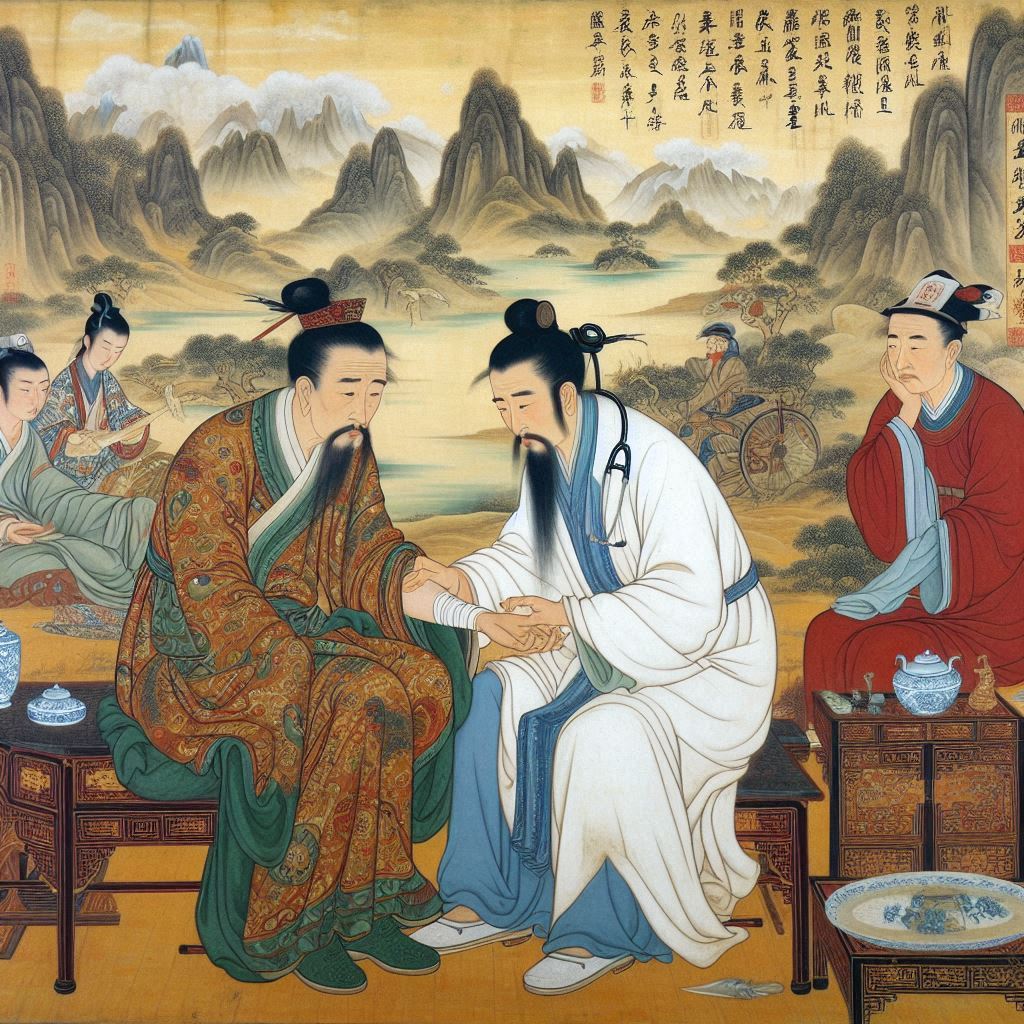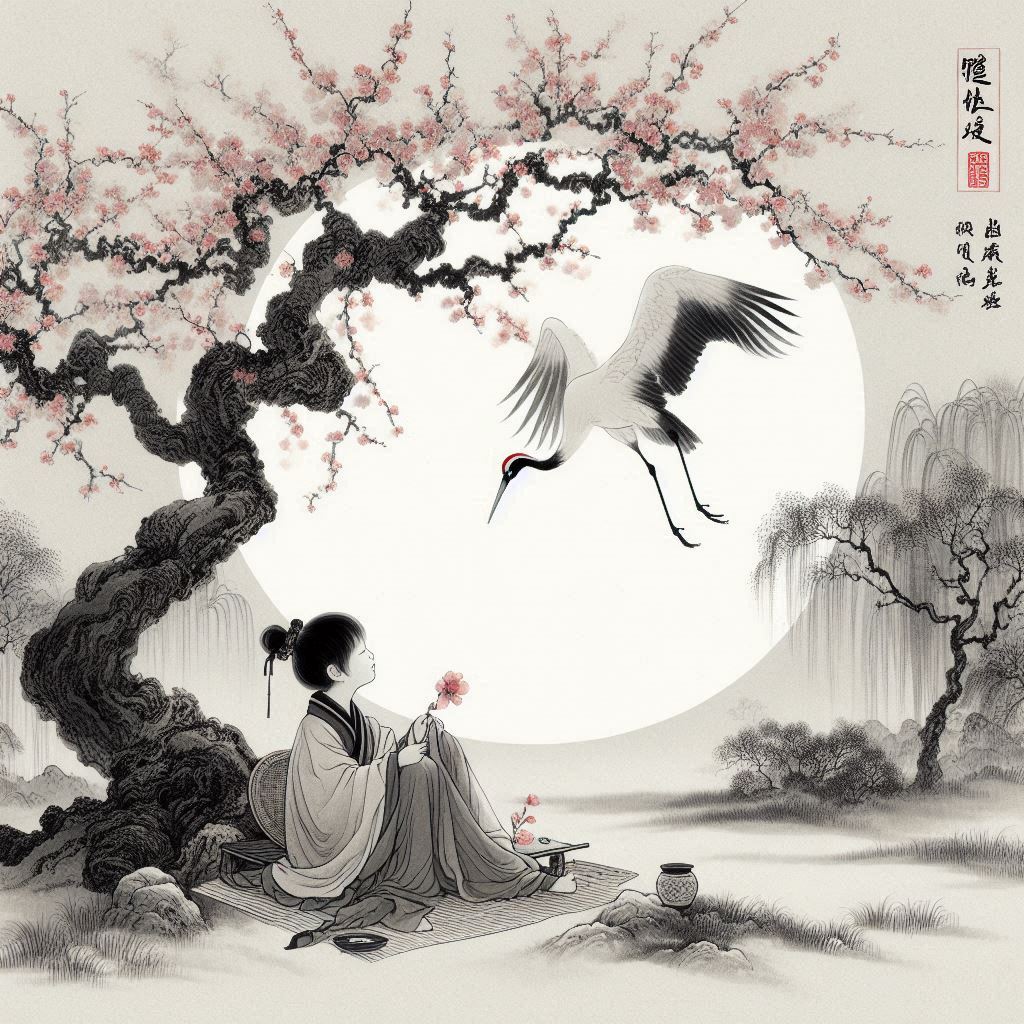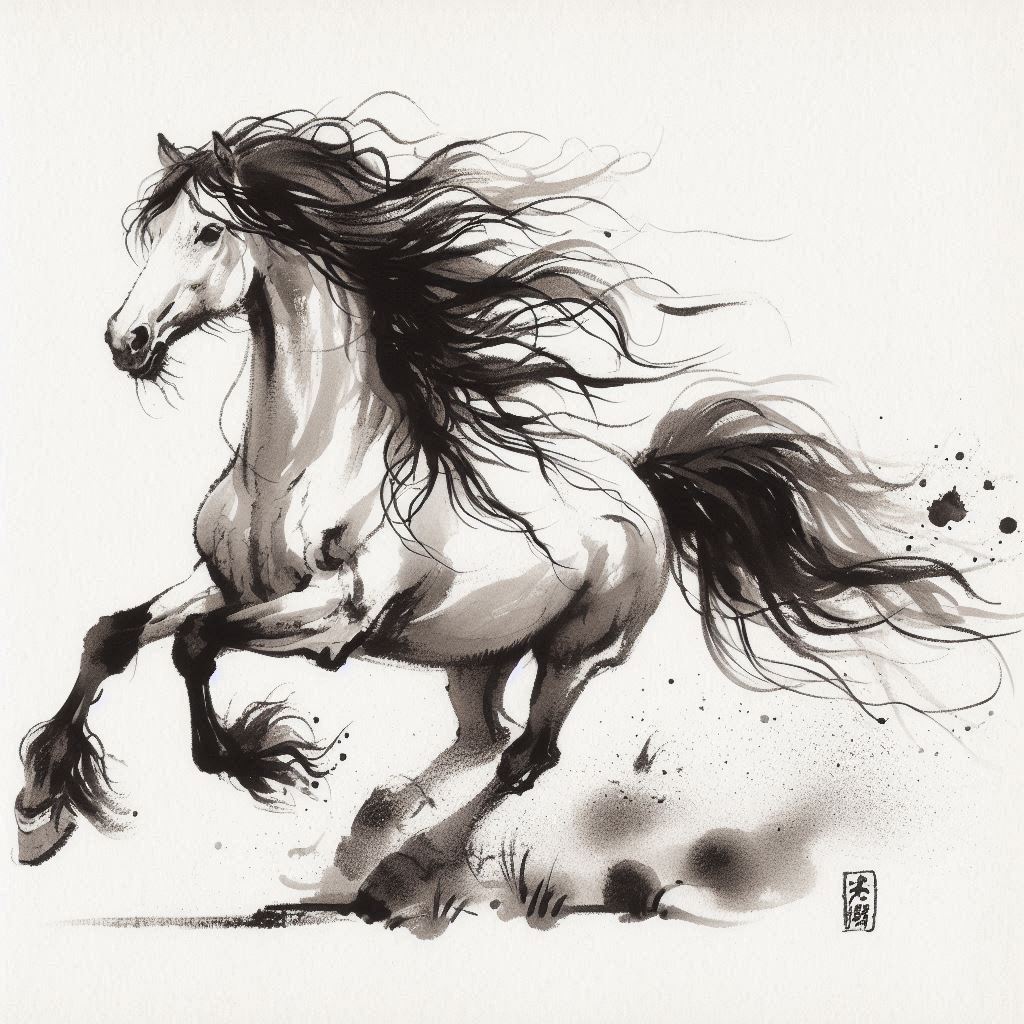The large intestine is located in the abdomen. The upper end of the large intestine connects to the final section of the small intestine, called ileum. The lower end of the large intestine ends in the anus.
The function of the Large Intestine is to receive waste material that is sent down by the Small Intestine, absorb its fluid content, and form with what is left feces for secretion(1)(2). The role of this organ is essential as it helps eliminate waste from the body thus protects the body from accumulation of toxins. Therefore the Qi of the Large Intestine needs to constantly move forward in order to move the waste out. On a mental level a healthy Large Intestine may represent ones ability to let go of the past and move forward in life(5).
In traditional Chinese medicine the partner organ of the Large Intestine is the Lung. The Lung is the uppermost organ of the torso and as such it sends Qi down to the remaining organs for nourishment. Thus the Qi of the Lung needs to constantly move downwards(1)(2)(3)(4). Since the Lung and the Large Intestine work in partnership they are codependent on each other. If the Lung Qi is deficient it can not sufficiently help the Large Intestine to push out waste resulting in constipation (not enough Qi to forward the waste)(3). Vice versa – if the Large Intestine ceases to forward waste the Lung may become “blocked”, the descending of Lung Qi may cease, which will result in breathlessness(3).
“Dryness” is also typical Lung/Large Intestine partnership pattern. Together with the Spleen and the Kidneys the Lung is in charge of the body's water metabolism(1)(2). The Lung receives refined fluids from the Spleen and distributes them to the body’s skin(1)(2)(3)(4) and mucus membranes(5). Chronic unhealthy habits such as smoking and living in hot and polluted areas, “dry out" the Lung. This “dryness” gets eventually transferred to the partner organ Large Intestine, resulting in constipation (not enough fluids to nourish the Intestine and move forward the waste).
The opposite pattern - "dampness" – is also possible. "Dampness" is a disharmony of disrupted water metabolism resulting in phlegm in the Lung, and loose stool and diarrhea in the Large Intestine.
The symptoms of “dryness” and “dampness” in the Lung/Large Intestine partnership do not always manifest in both organs simultaneously. Nevertheless it is important to always take into account both organs even if only one manifests imbalance. Often stimulating the partner organ together with the imbalanced organ gives quicker and better results.
YS
(1) Zhang, Enqin (1990). Basic Theory of Traditional Chinese Medicine. Shanghai: Publishing House of Shanghai College of Traditional Chinese Medicine
(2) Deng Liangye, Gan Yijun, He Shuhui, Ji Xiaoping, Li Yang, Wang Rufen, Wang Wenjing, Wang Xuetai, Xu Hengze, Xue Xuiling, Yuan Jiuling (1987). Chinese Acupuncture and Moxibustion. China: Foreign Languages Press
(3) Maciocia, Giovanni (1989). The Foundations of Chinese Medicine. Edinburgh: Harcourt Publishers Limited
(4) Yang Weiyi, Meng Fanyi, Jiang Yuanan(2002). Diagnostics of Traditional Chinese Medicine. Beijing: Beijing University of Chinese Medicine and Pharmacology
(5) Pitchford, Paul (2002). Healing with Whole Foods. Berkeley: North Atlantic Books
Related Articles
Heat and Dryness in the Large Intestine
Damp-Heat in the Large Intestine
The Lung, season autumn, and the foods during autumn that benefit the Lung
Herbs that clear heat and dry dampness
Please read our Disclaimer









